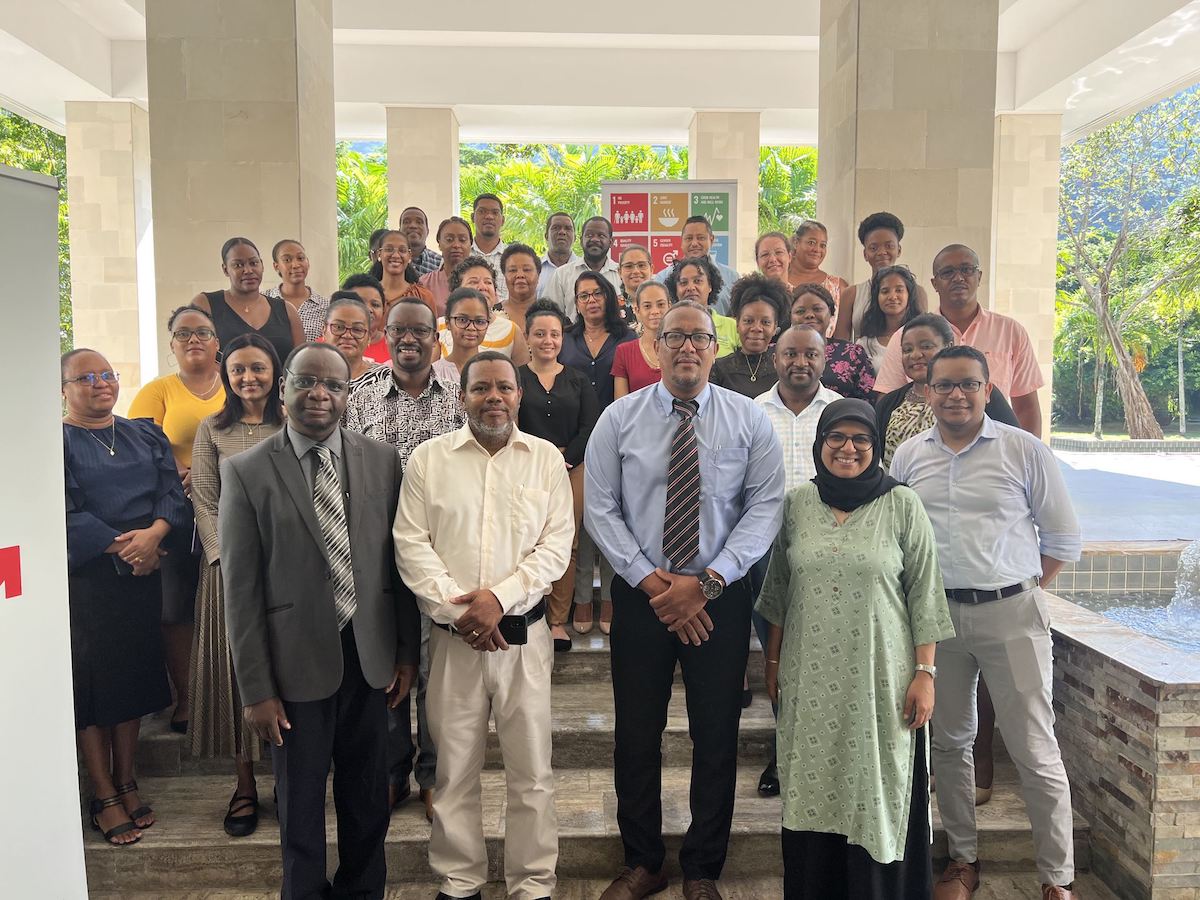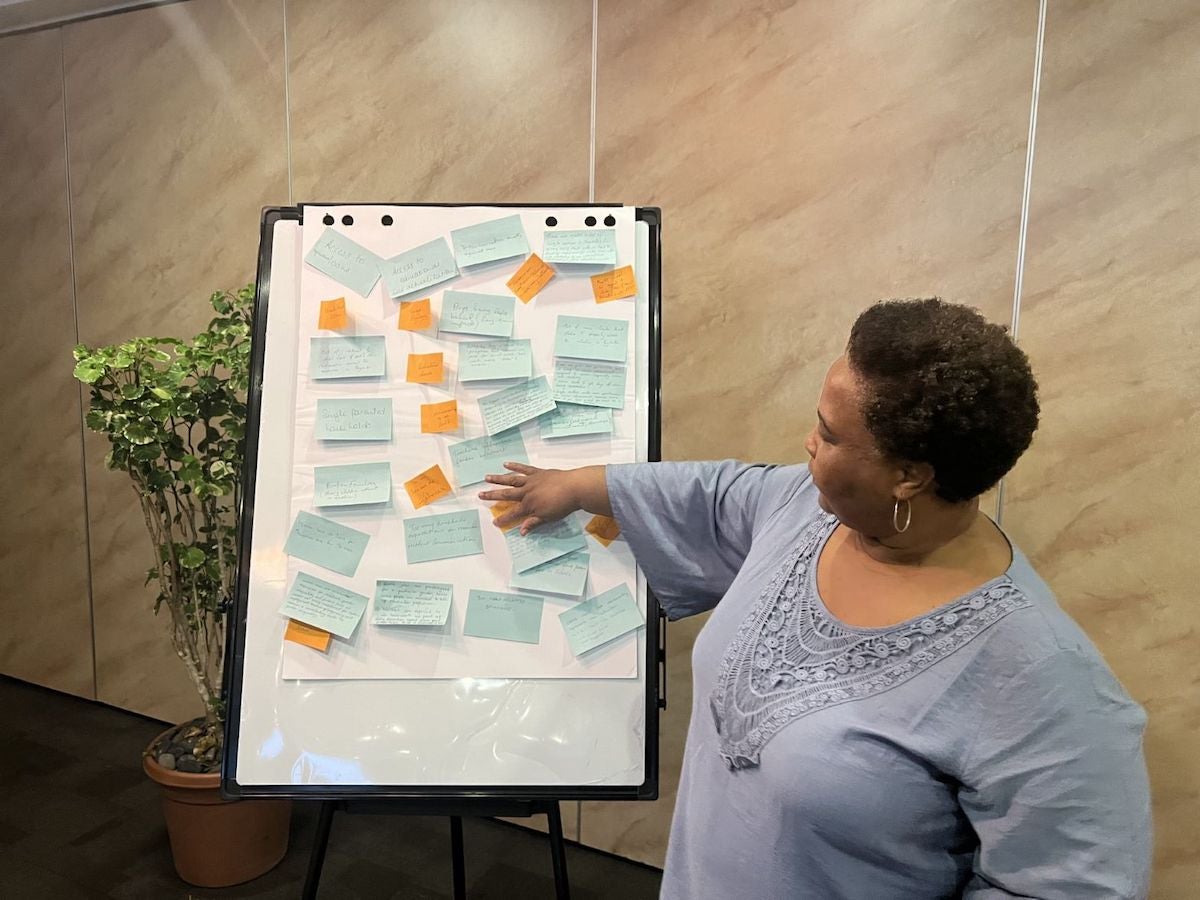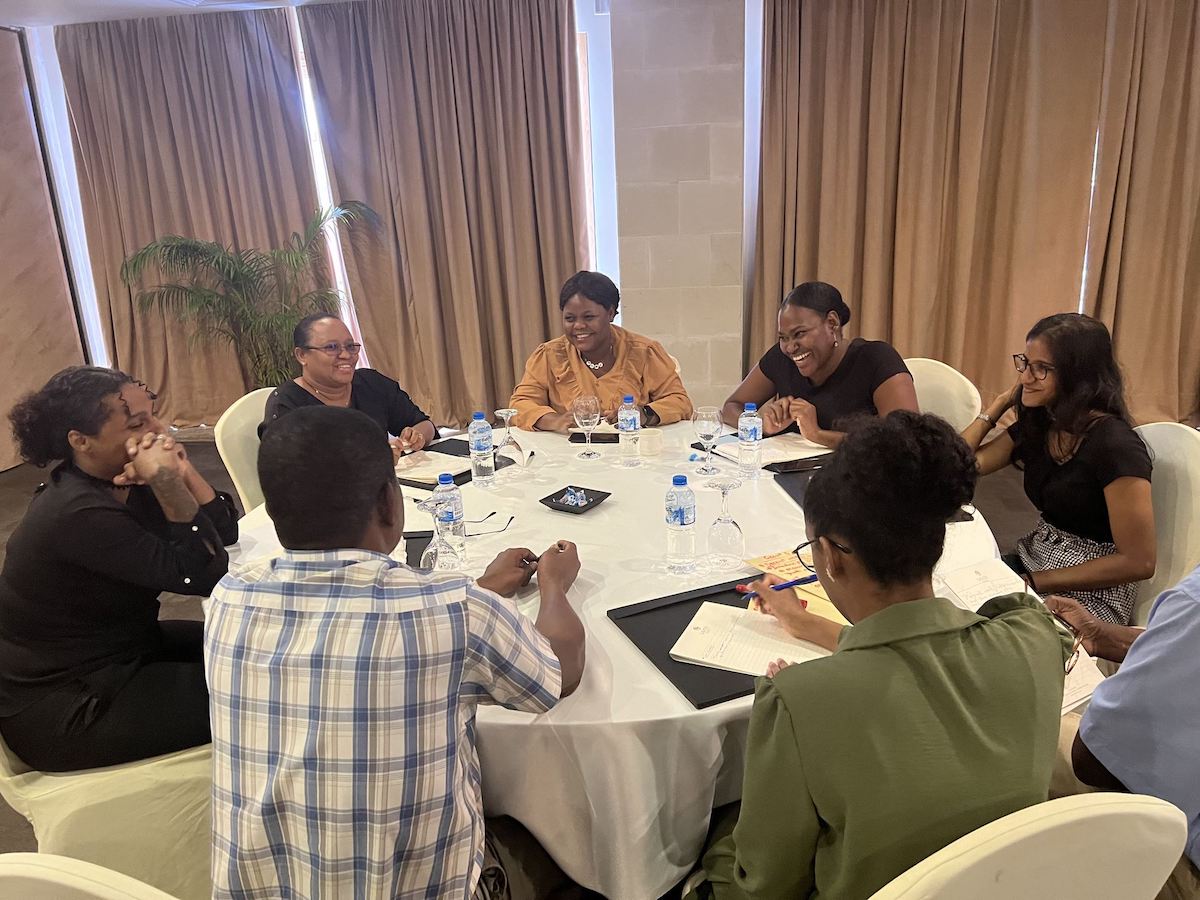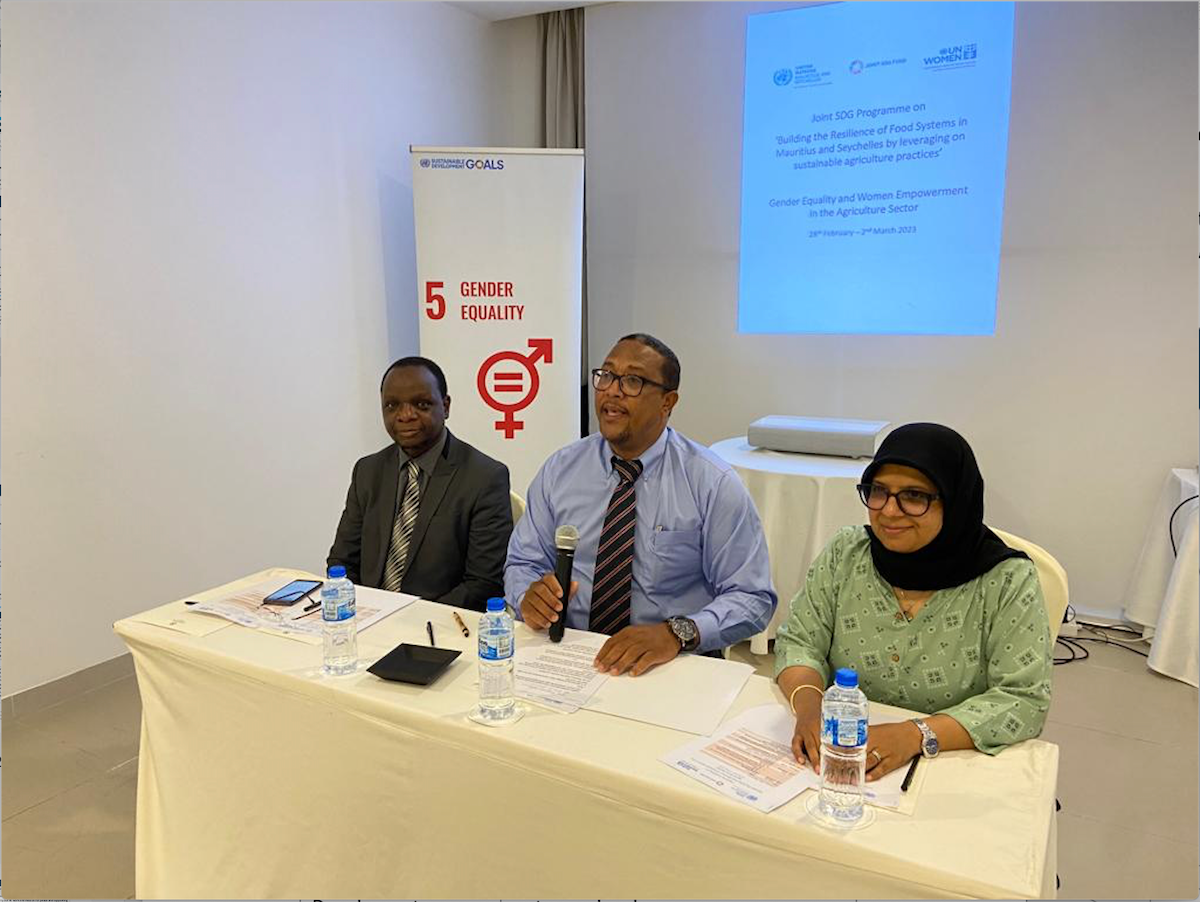Revisiting Gender Equality in the Seychelles
Date:

Civil servants from the Department of Agriculture and the Department of Family Affairs of the Republic of Seychelles concluded a three-day capacity building workshop with support from UN Women Regional Office for East and Southern Africa, to understand better the gender equality issues in the agriculture Sector in Seychelles.

The training that took place from 28 February to 2 March, the first of its kind where UN Women worked closely with civil servants from both Government Departments to unpack and explore the nature and breadth of the gender- related issues in the Seychelles. The overall objective of the workshop was to explore ways to encourage more women to participate in the agriculture sector to strengthen food security in the country.
During his opening remarks, the Principal Secretary of the Department of Family, Mr. Chive Roucou said “… women’s empowerment plays a fundamental role in the development of any society, henceforth the agriculture sector is not an exception.” He went on to highlight that only about 6% of Seychellois farmers are women and that “women are not taking farming as one of their top career choices”.
The workshop allowed participants to explore the challenges faced by women in entering the agriculture sector, and in excelling within the sector. Access to time and labour saving technologies, sufficient farming inputs, access to extension services and access to agricultural land were identified areas where the Government could provide focused support to women. Gender equality issues beyond the agriculture sector were also raised, these included a high number of women-headed households (especially on Mahe Island); gender-based violence and a disproportionate share of unpaid care and domestic work that is born by women. Another issue that was raised was the lack of relevant data to fully understand the situation faced by many of the Seychellois.

Photo: Zahra Sheikh-Ahmed / UN Women.
“We need to provide time and labour saving technologies to women to ensure that they do not leave the farms at six in the evening while their children are hungry at home”, said Mr. Keven Nancy, Principal Secretary of the Department of Agriculture highlighting that women are balancing many simultaneous responsibilities of both earning a living and taking care of their children and families.

The workshop was held within the context of the ‘Building the Resilience fo Food Systems in Mauritius And Seychelles by Leveraging on Sustainable Agricultural Practices’ programme implemented in both Mauritius and Seychelles. The project is funded by the Joint SDG Fund and under the leadership of the UN Resident Coordinators Office for Mauritius and Seychelles the project is implemented by UN Women, UNDP and FAO.